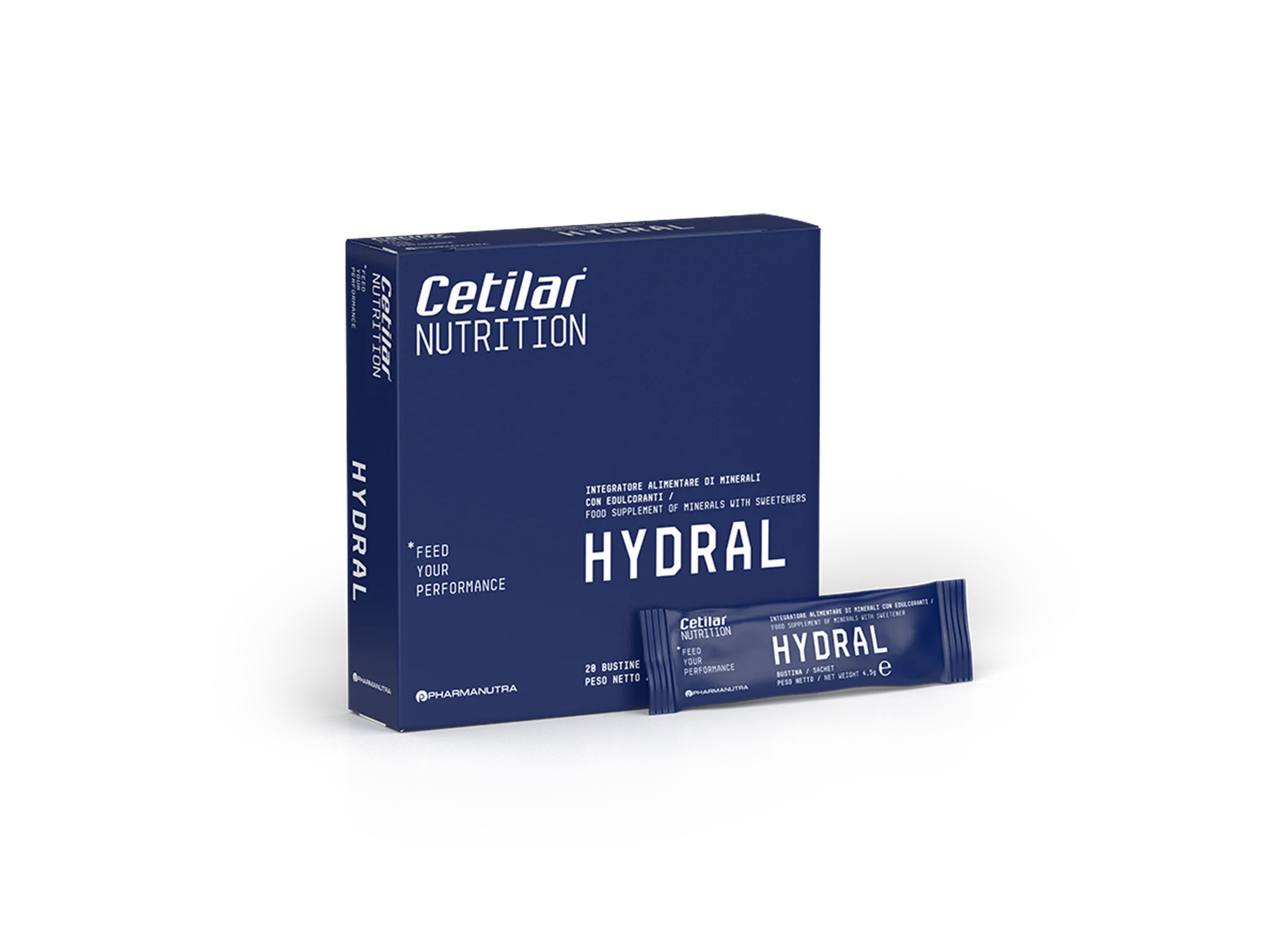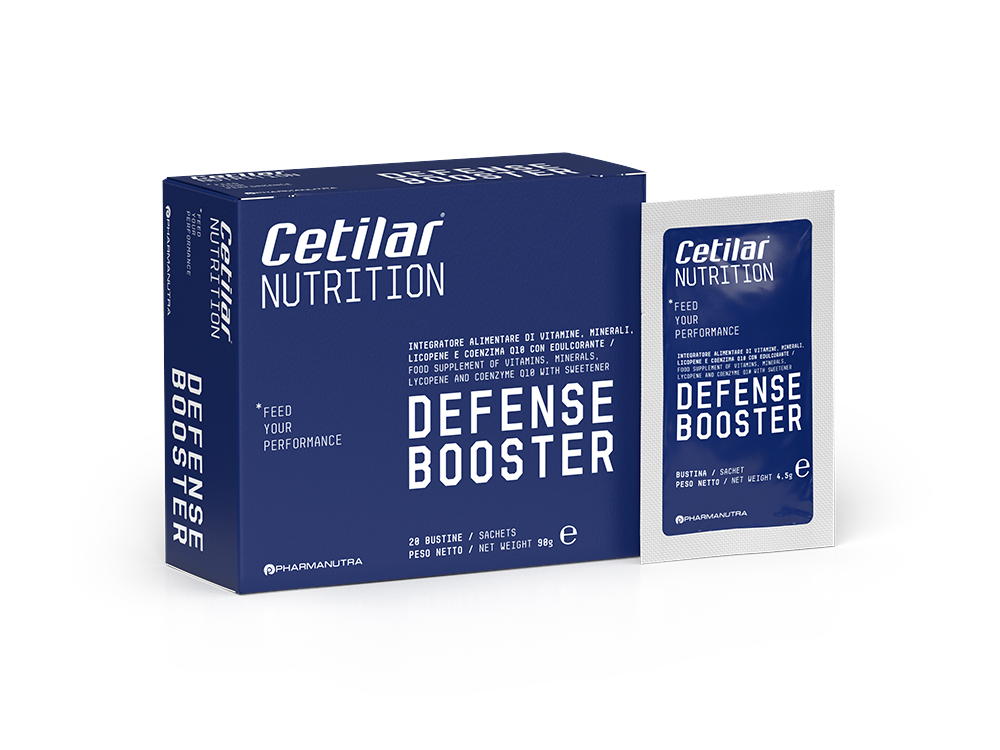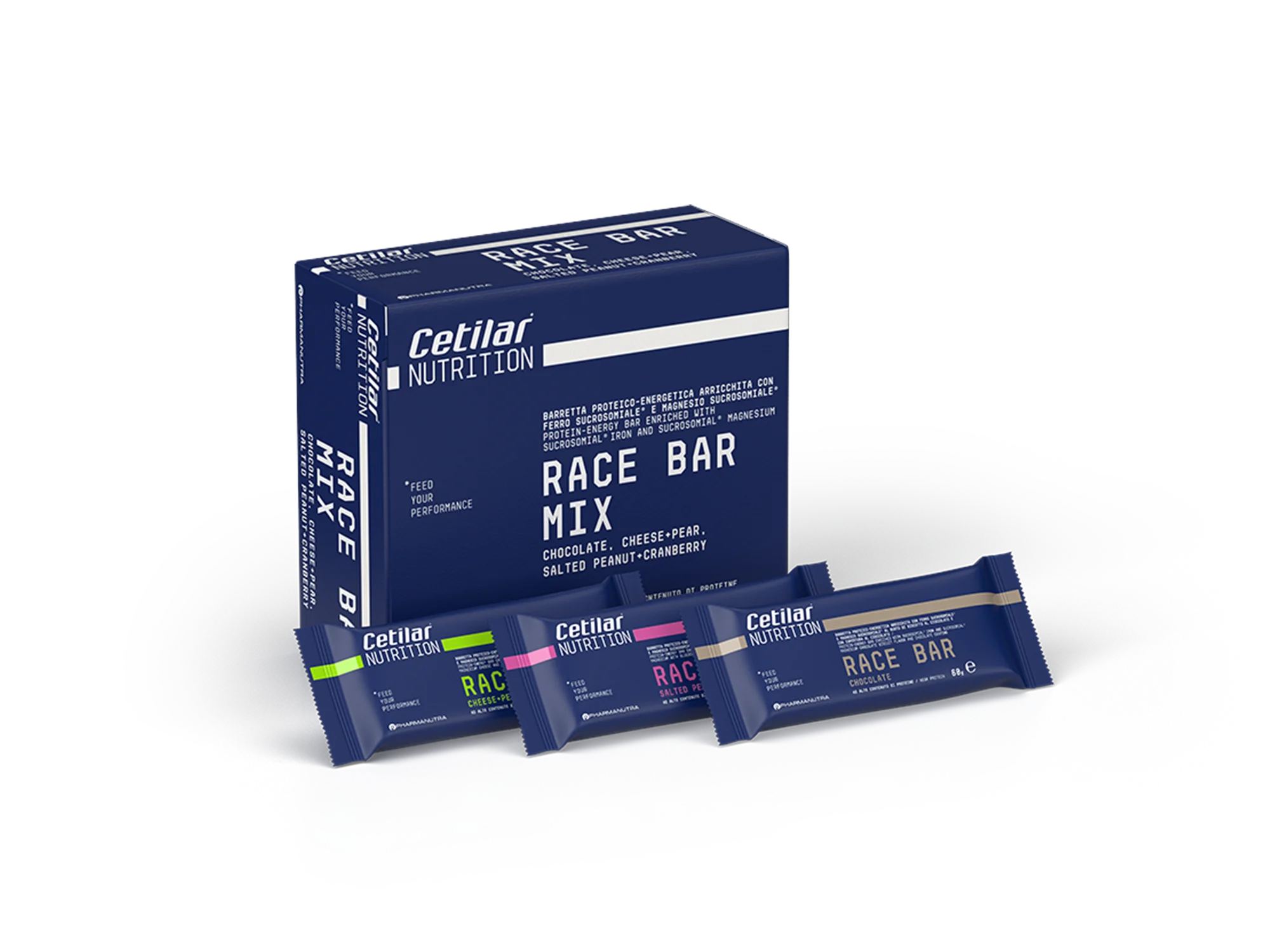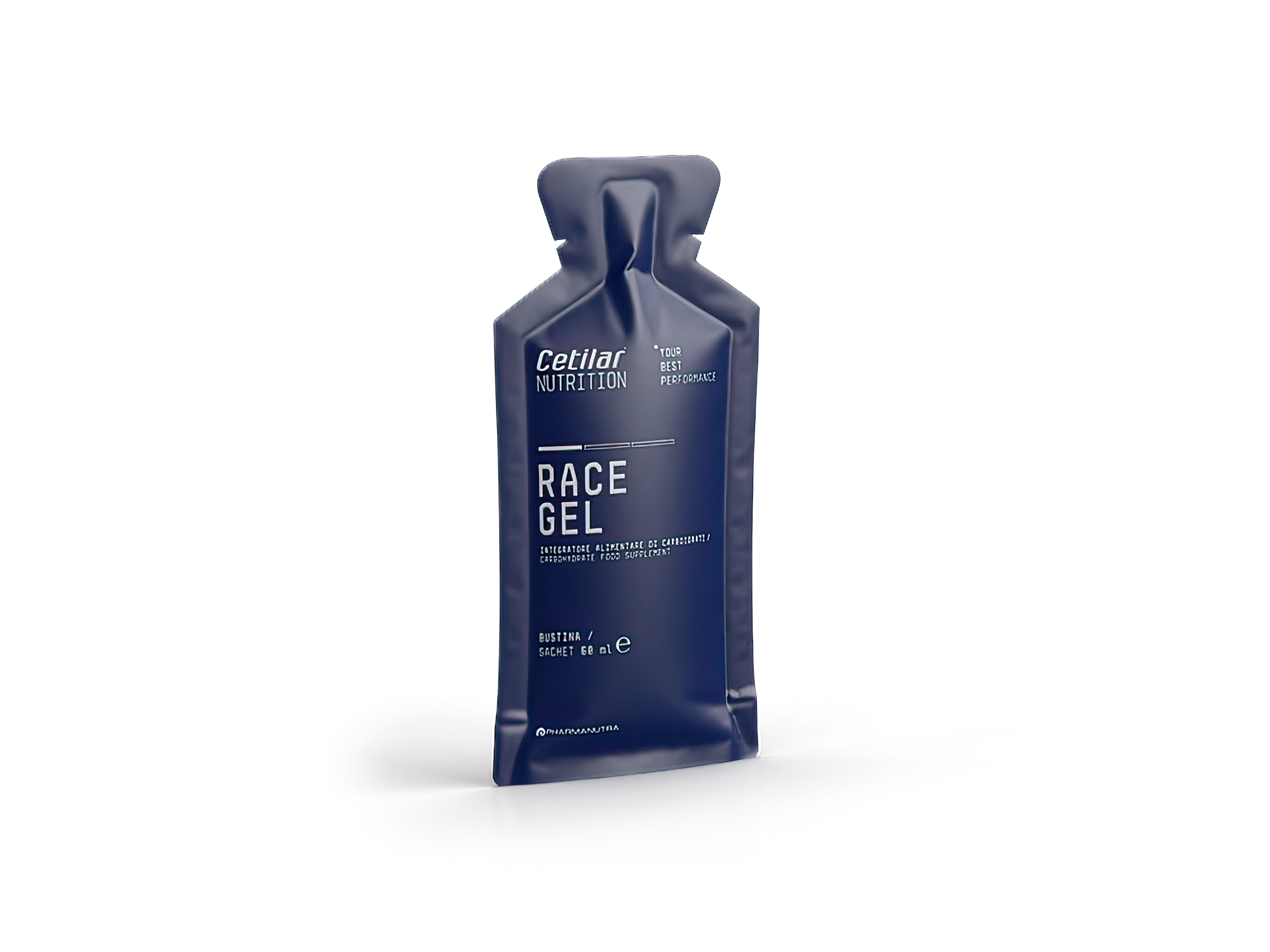Enhance your yoga through proper nutrition
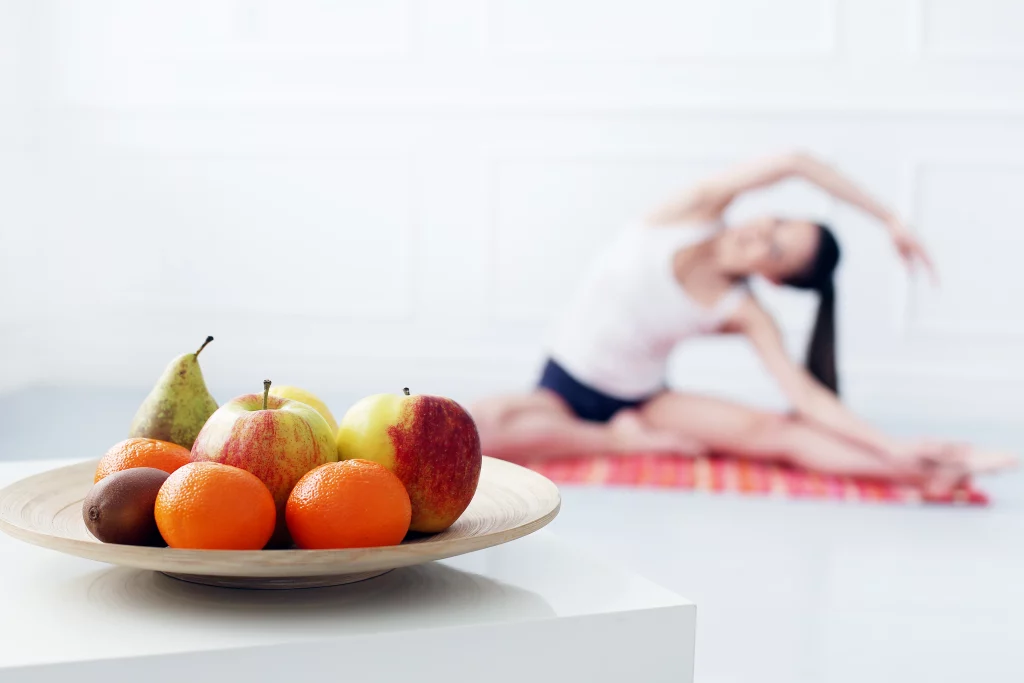
Sports nutrition is one of the pillars for an athlete’s mental and physical well-being. A proper diet also plays a crucial role for those who do yoga. It is no coincidence that balancing body and mind is the aim of this discipline. So, it is necessary to follow proper sports nutrition based on balance and moderation in order to optimise the benefits of yoga. This is why certain foods, because of their properties and characteristics, are excellent allies, not only for general health, but also for the muscles involved in the exercises and postures performed during yoga.
Yoga and proper nutrition for mental and physical well-being
To get the full benefits of yoga, the athlete must follow proper sports nutrition. As Indian tradition teaches us, first and foremost you must be able to listen to yourself and your body.
A healthy and varied diet is always recommended, even more if you practise sport constantly. The foods that can be defined as great allies for those who practise yoga are those rich in proteins and vitamins. In general, in a proper sports nutrition, fresh, varied and unprocessed foods are the best choice: seasonal fruit and vegetables, fish, legumes are good allies for health and well-being.
On the other hand, foods with a high sugar content or which are difficult to digest should be avoided. But we must pay attention: quantities are also important. Overeating can be detrimental when it comes to yoga. In addition to the risk of feeling bloated or even drowsy when doing physical activities, twisting, compression and stomach-turning positions are very common during yoga and these can be difficult and uncomfortable if you start your yoga session on a full stomach.
Recommended foods for people doing yoga
As mentioned above, proper nutrition is therefore indispensable for anyone doing yoga. But what rules should proper sports nutrition follow? If we align ourselves with the classical ideas behind yoga, the ideal foods to eat are healthy, plant-based meals without too many condiments, preferably raw.
But in general, foods to introduce into sports nutrition for yoga include grains, fruits, both fresh and dried, green leafy vegetables, seaweed, dairy products, honey, green tea, and legumes.
Therefore, sports nutrition rich in fibre and protein is needed. A winning combination is, for example, a meal that puts legumes and grains together, a dish that provides noble amino acids, ready to be absorbed by the body for building muscle mass.
Yoga, what to eat before your workout
Fruit is definitely one of the ideal foods to eat before doing yoga. Bananas, rich in minerals that help the muscle mass to relax; apples for the water and fibre content; watermelon, which does not produce acid flows but provides great levels of hydration. These are all great choices for a snack before your workout. For other snacks, some recommended options for those doing yoga are avocados, dark chocolate, crackers, a cup of barley, plant milk, and berries.
Nutrition and Yoga: some tips
Sports nutrition is therefore crucial for those doing yoga. That is why “how” you eat is also important. First of all, hydration is key: you need to drink at least 2 litres of water a day, away from meals, perhaps even helping yourself with infusions and herbal teas. If you exercise in the morning, drinking water when you wake up will help cleanse you of the night’s waste.
Also: small bites, to increase the sensation of feeling full, and chewing the food for a long time, thereby helping all the nutrients to be absorbed into the body. Last but not least: eat one of the three main meals at least 3 hours before physical activity. This is the only way to ensure your stomach is free and blood will be concentrated in respiration and not digestion. As mentioned above, the ideal solution for a snack an hour before starting yoga is fruit: light and rich in water and vitamins.
